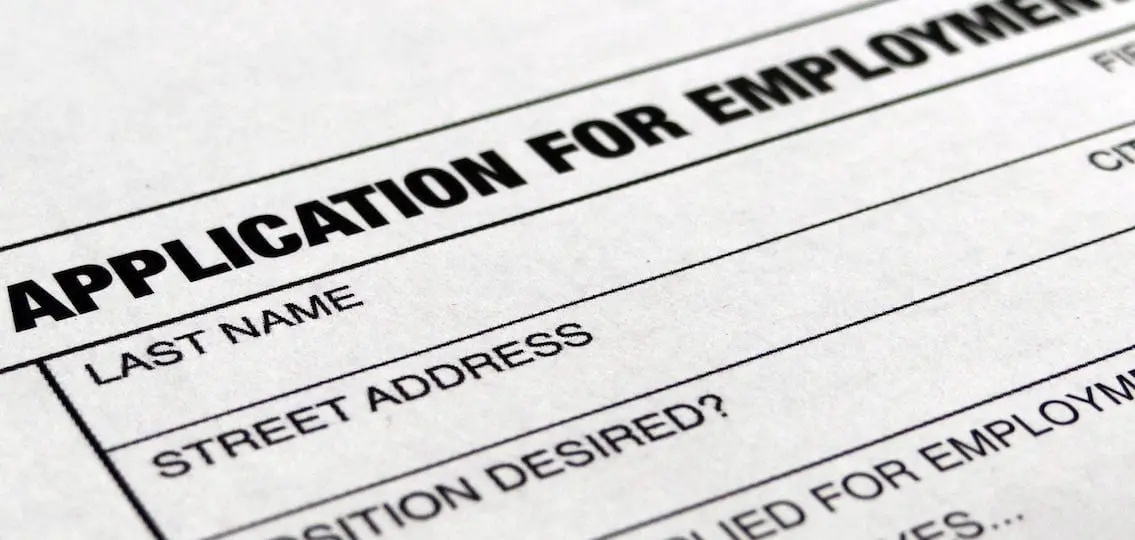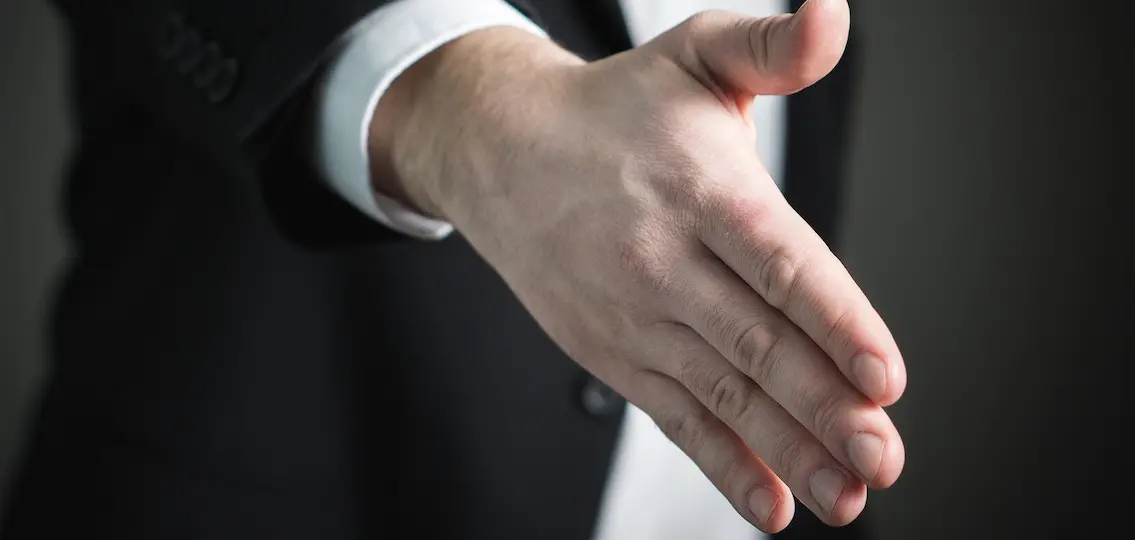It’s important to find summer jobs for teens. But how do they secure one?
One parent reported that her teen headed out for a job interview in shorts and a polo. Have you worried about the outfit your teen will wear for a job interview? Do they know how to prepare?

We weren’t so sure that our kids would ask us, so we went to Susan Hoopes, retired Coordinator of Job Placement Services at the Cuyahoga Valley Career Center for her advice. And then we shared her advice with our teens. You will want to do the same.
Summer job fairs typically are held during the months of February and March. Companies that ramp up hiring for summer generally want to have their employees in place by early April or even before. This is not to say that a teen should stop looking for a job after March because job openings and job fairs can occur at any time.
The best way to go about a job search is to streamline the process – teenagers should target the type of job that they want, locate employers who do that type of work and then organize and update their job search documents, such as a job search log to keep track of their contacts, a résumé, references, photo identification and thank you notes.
The interview process is also important, and teens should put much thought and effort into this opportunity to make an impression on a potential employer — before, during, and after the actual interview.
Job Interview Etiquette:
1. What to wear
This requires preparation! Get an interview outfit together, with several different combinations, so that you have alternate clothing options in case you interview more than once at the same company. Though some employers will make allowances for youth, most prefer conservative dress. Unacceptable clothing items, include: low-cut tops, miniskirts, baggy/saggy pants, tennis shoes and flip-flops. Also, cover tattoos, and remove piercings that could distract the interviewer. While interviewers strive to be completely fair, your appearance could impact a hiring decision. The employer has every right to hire someone they feel will “fit” in the company culture.
There are some jobs where you need to pick up the application in person. Remember that the way you look when you walk in the door to ask for an application is critically important. Dress professionally; you never know who might be observing you. Furthermore, similar to the way you dress, the way you complete an application speaks volumes about you, so take your time and bring a “practice” application so that you can easily transfer commonly asked information.
2. How to prepare
Prepare for the interview by knowing your answers to common interview questions regarding your strengths, weaknesses and goals, why you want the job, why the employer should hire you, and what you bring to the table in terms of skills, attitude, and ability. If you do not have prior work experience, use some of your school experiences where you have shown leadership, good communication skills, good attendance, and strong follow-through. Rehearse your answers with a parent, counselor, or other adult who can guide the discussion and provide feedback. Rehearse until you feel confident about your ability to provide answers without hesitation.
Research, research, research. It has never been easier to find information about a company. Review an employer’s website to understand what a company is about before the interview and formulate some good questions for the employer about the position. Employers truly appreciate a candidate who took the time to find out about their business.
3. What to bring
Come prepared with a portfolio that includes a résumé, references, and a list of your honors, awards, and projects. Bring a pad of paper and a pen in order to take notes. Even if you use your phone all of the time, a job interview is not the place for it (see #5). Some employers give a math test, and some may have an application that requires you to use a specific ink color.
However, you don’t want to bring your a friend or a parent with you. Teens must go alone to complete an application or for an interview. Too often, teens feel that their friends must be tethered to them during this process, but it can only hurt their chances.
Parents should not call employers to set up an interview or respond to employers’ calls! Parents who call employers inadvertently make the teen look lazy or uncapable, and their involvement in the interview process can be a real turn-off to employers.
4. Questions to ask
Employers really appreciate it when a young candidate takes the time to prepare questions about the company, the jo,b and the industry; they should bring a few targeted questions about each. General questions are also good. One of the best to ask is, “What will I need to do to be successful in this job?”
5. What to do with cell phones
Turn off cell phones, period. Further, leave them in the car, so that there is no temptation to text before or after the interview. If you must have it with you, make sure your notifications are turned off.
6. Where to put chewing gum
Anything that might obstruct one’s speech is a deal breaker, especially chewing gum and tongue/lip piercings. To freshen breath, chew gum or a breath mint prior to the interview, but discard it before meeting the employer. DO NOT throw out gum in the parking lot or in the lobby; dispose of it properly.

7. What to do after the interview
Always follow-up with an email or hand-written thank you note. Good manners never go out of style, and it is appropriate to thank the interviewer for their time, whether you want the job or not. In the note, thank them for taking the time to talk with you, recap the job you are applying for, reiterate your interest and include your contact information (phone and email.) Mail your note the same day, if feasible, or at the latest, the next day.




